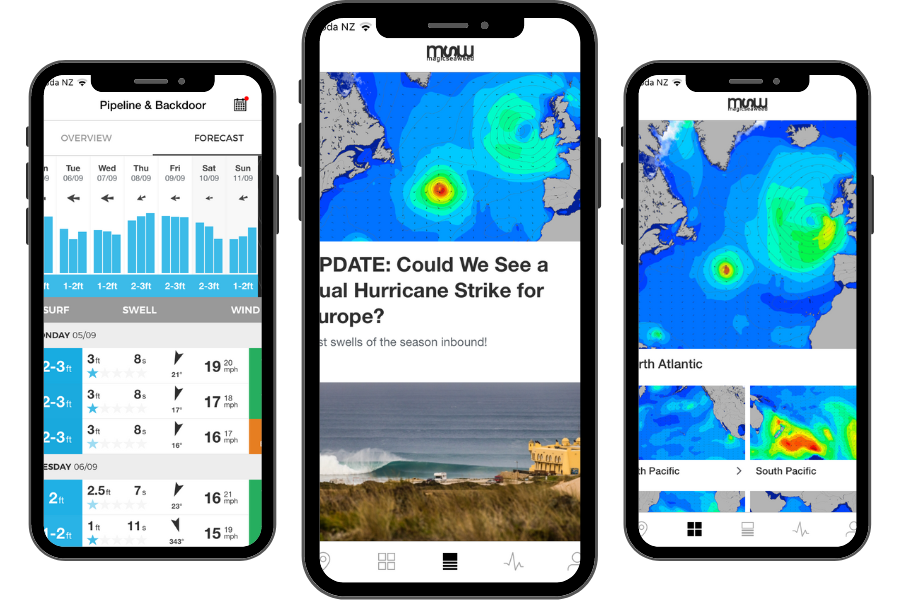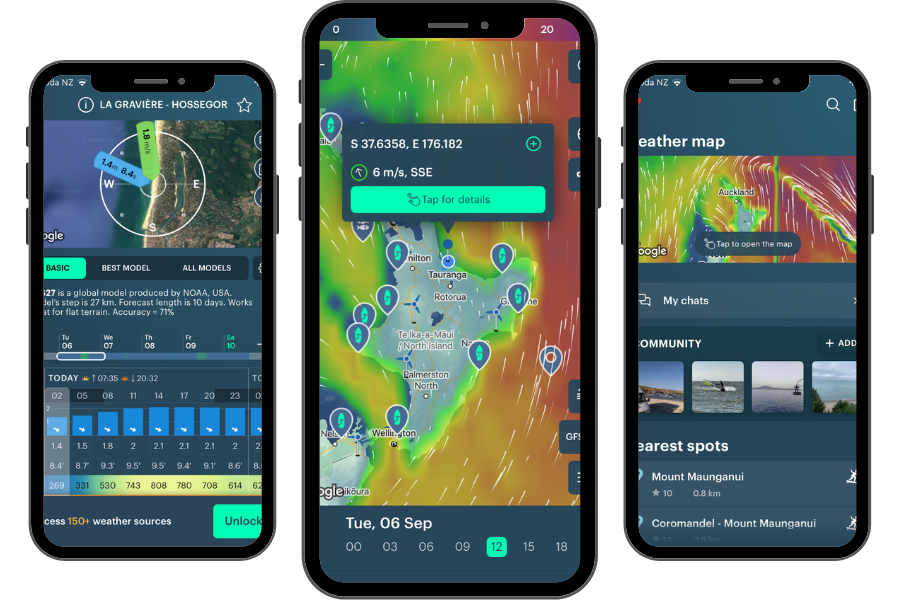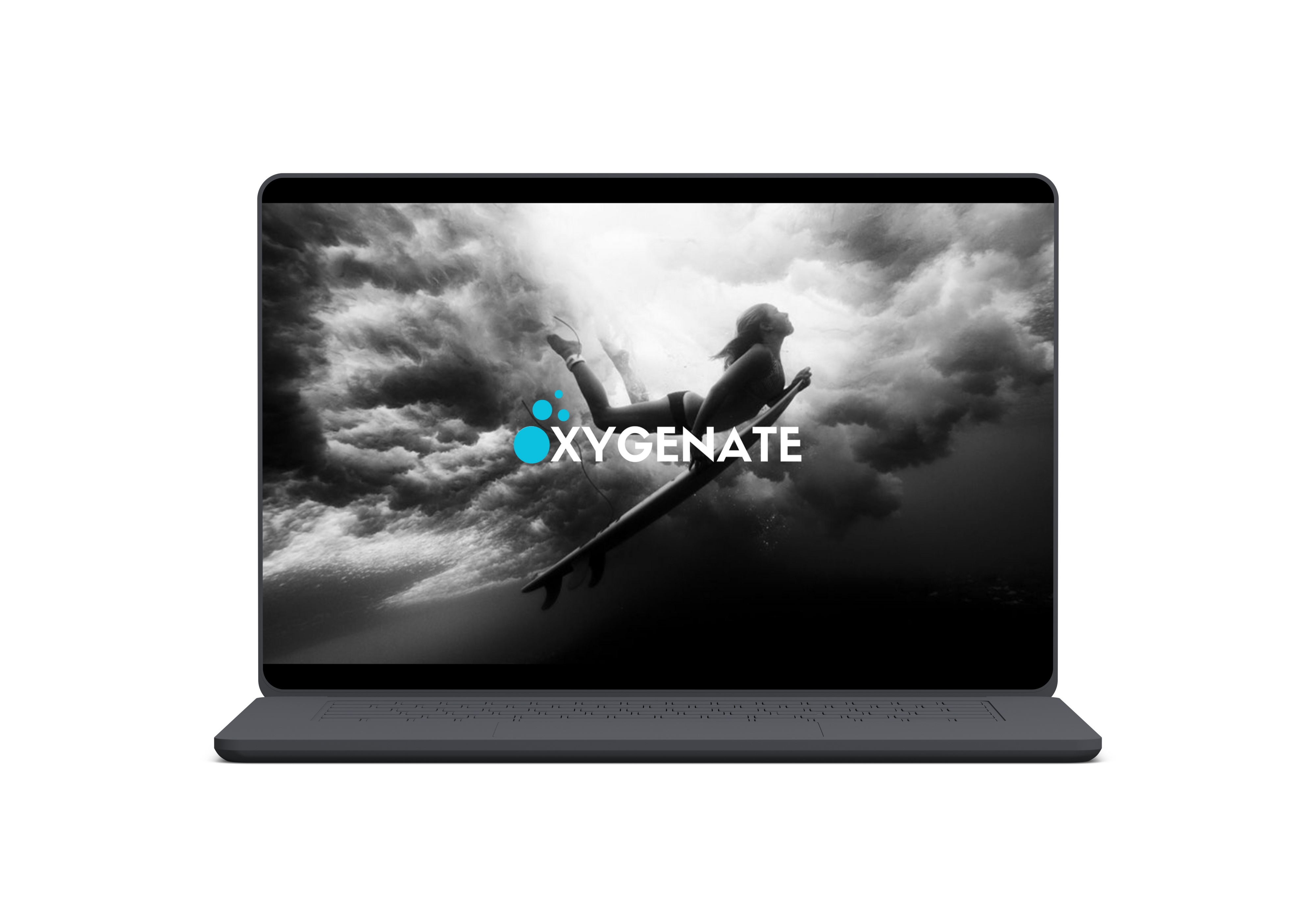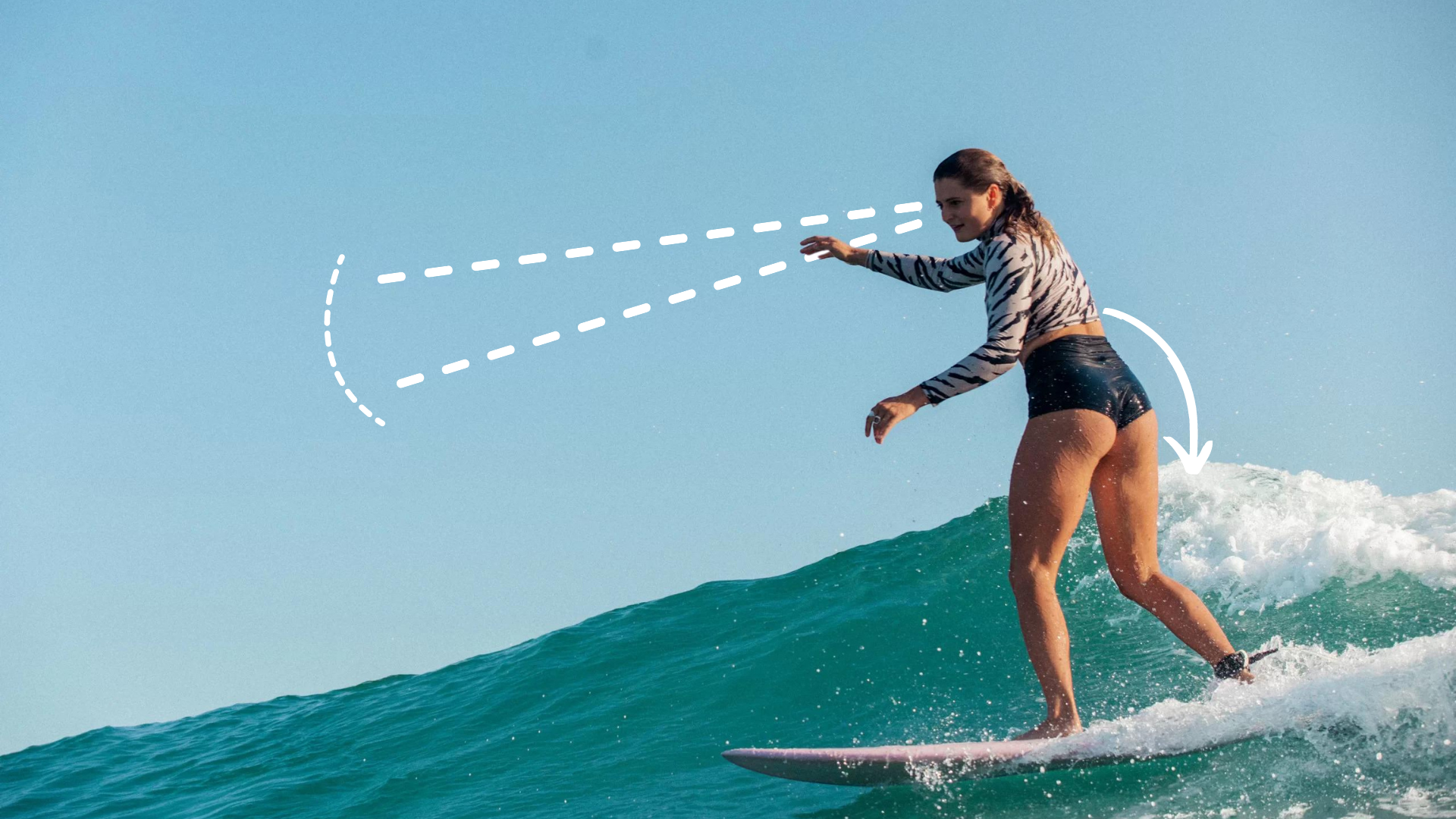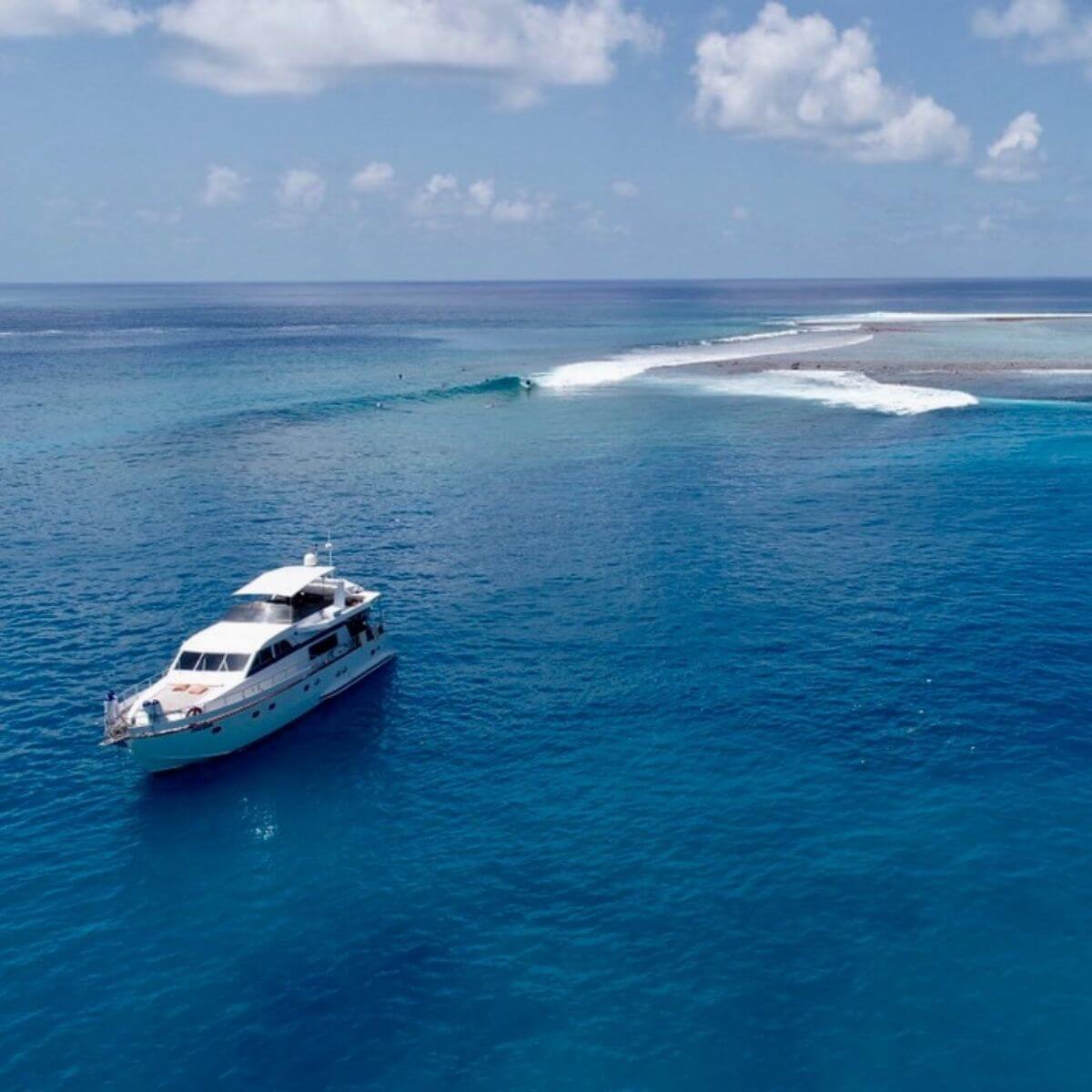If you’re planning a surf trip, or you're a beginner trying to work out what equipment is needed for surfing, you’re in the right place.
This surfing equipment list is going to teach you everything you need to know (essential & optional) to get you out there surfing with the right kit to hit the ground running.
LEARN ONLINE:
ALL COURSES, ALL LESSONS & SESSIONS $9P/M [BILLED ANNUALLY]
WHAT DO BEGINNER SURFERS NEED?
Beginner surfers need only start with the essentials.
Sure, there’ll be the desire to get all the best kit straight away, but in all honesty, just the basics will do at this point.
You can use the checklist below to see what you need.
SURFING EQUIPMENT CHECKLIST
SURFBOARD


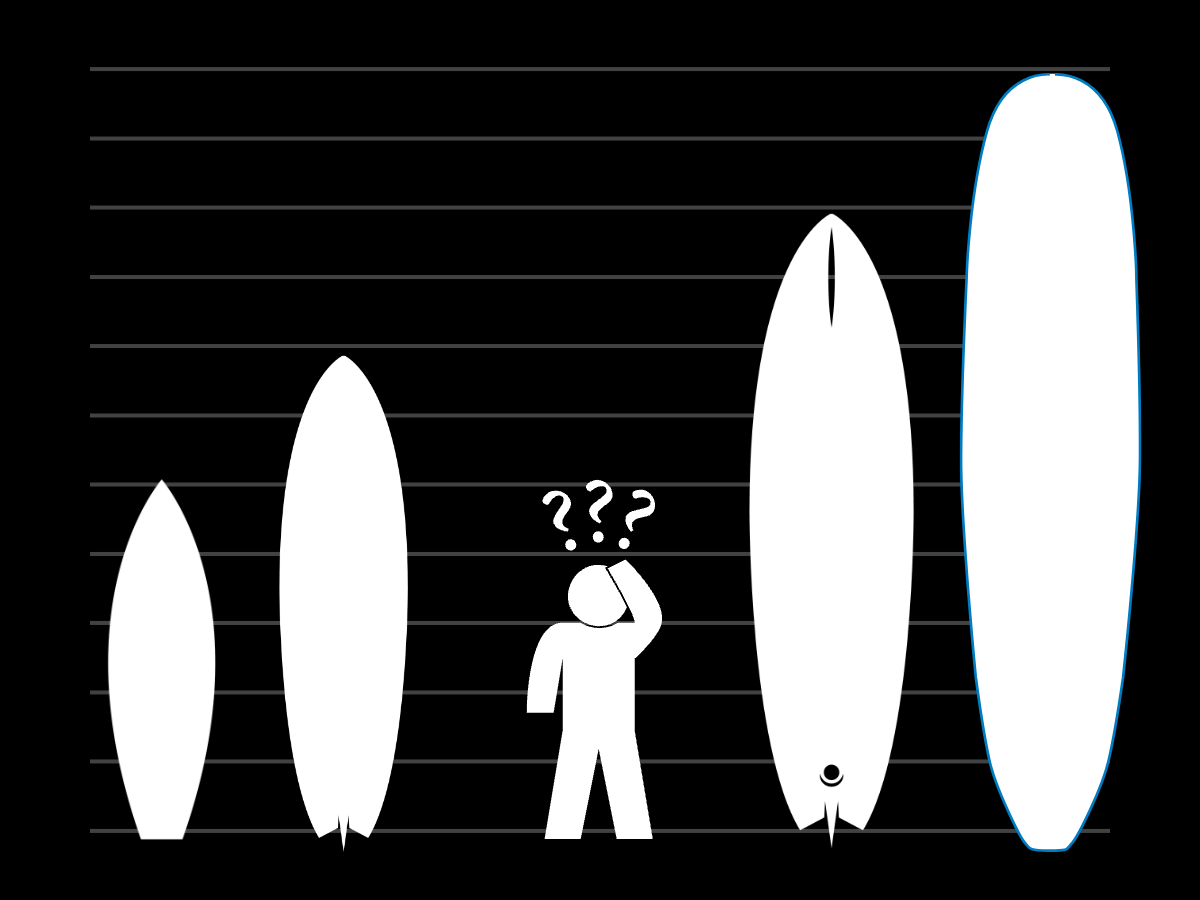
Naturally, you can't go surfing without a surfboard, so that's first on the list, but, you've got to make sure you're on the right one.
As a guide, beginners will want to be on bigger, more buoyant surfboards for balance and stability.
More advanced surfers however will often opt for smaller more manoeuvrable surfboards when balance and stability are no longer an issue.
Useful links:
FINS

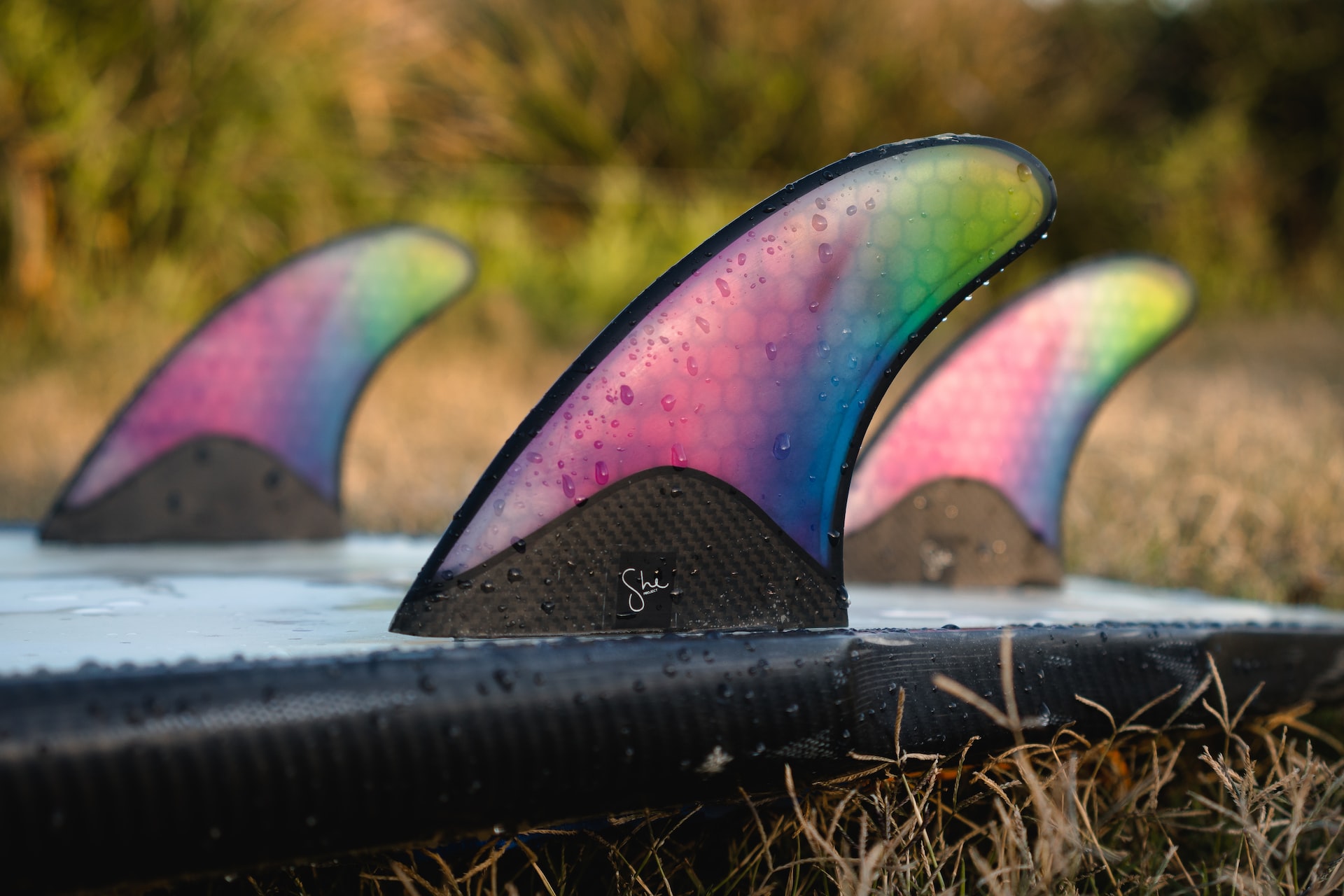
You can't really ride a surfboard without fins (well you can, but it's really hard).
So you'll need to make sure you have a good set of fins.
The type of fins you choose will vary depending on the type of waves you like to surf, and the board you like to ride, and can be configured in a number of different ways:

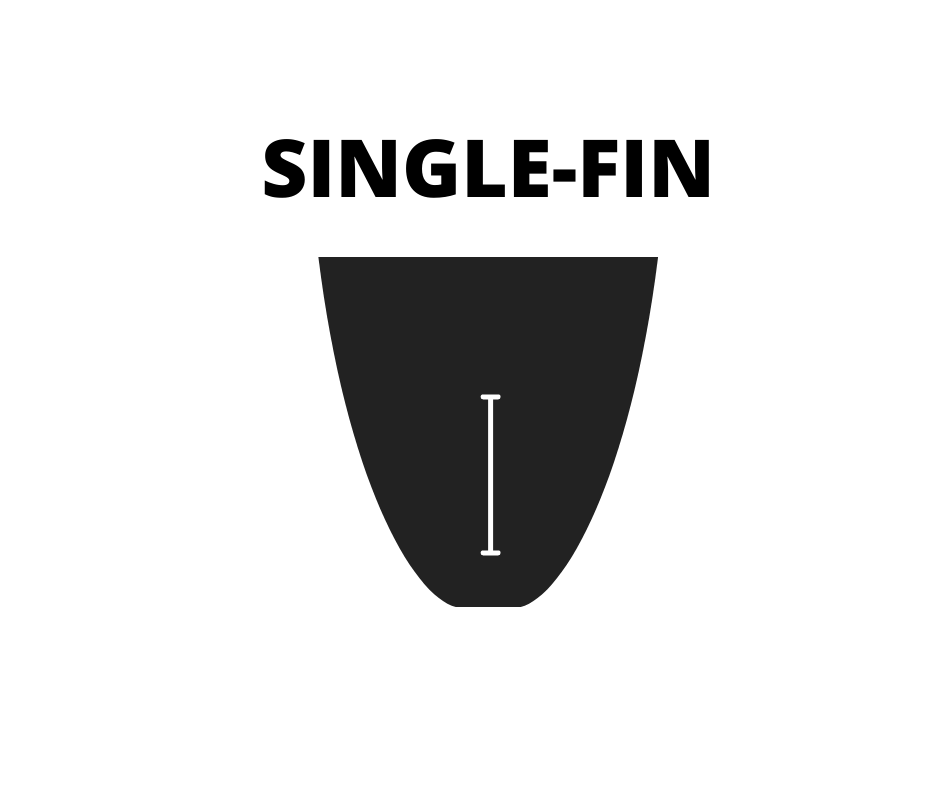

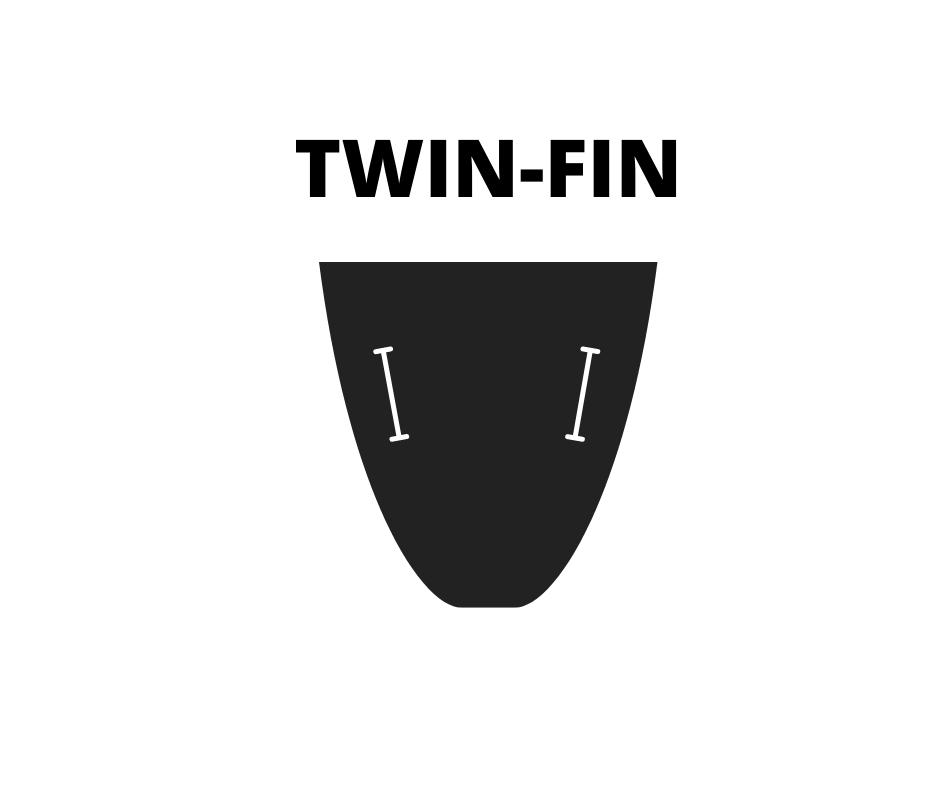

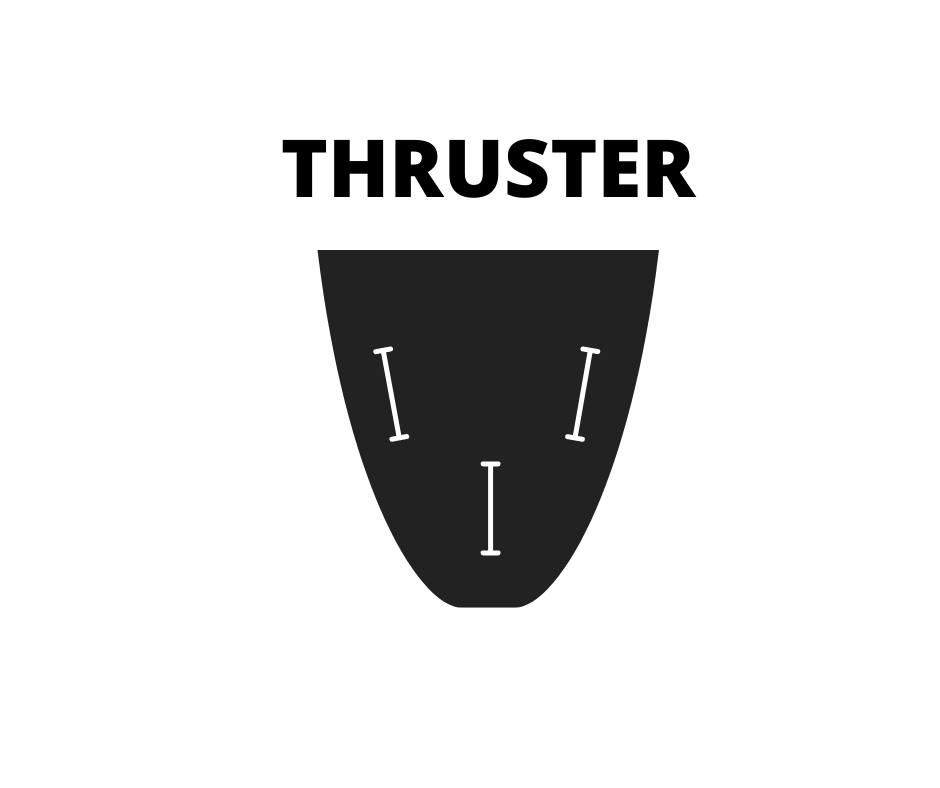

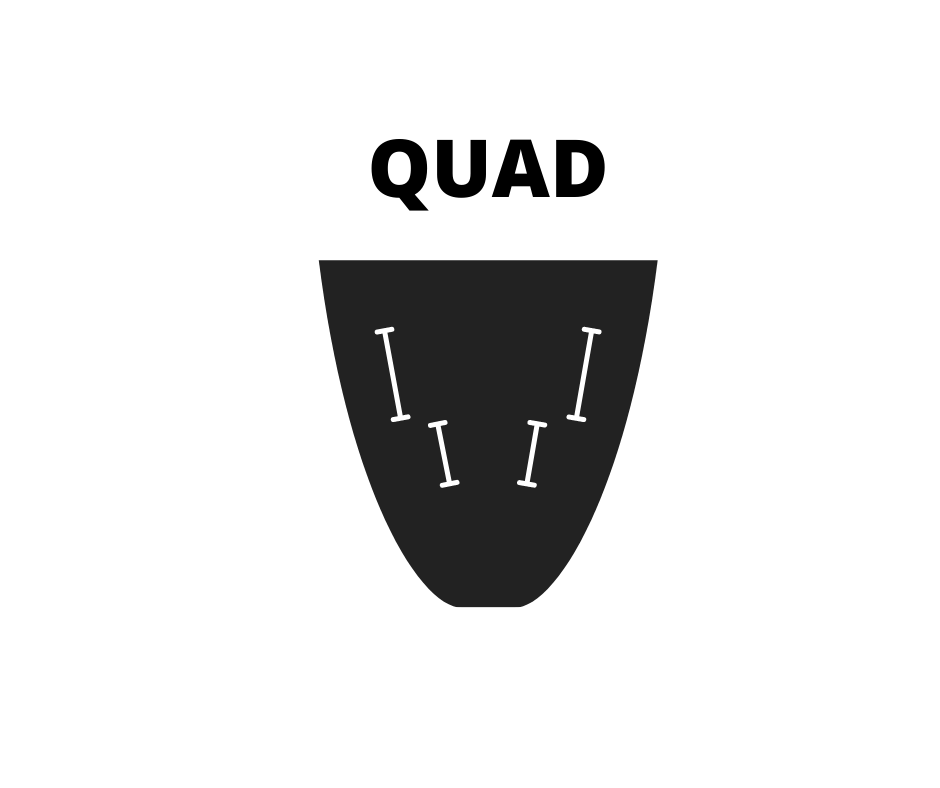
The way fins attach to your board will be different depending upon which fin system you're using: FCS & Futures.
So be sure to double check your fin system before buying any new fins.
LEASH

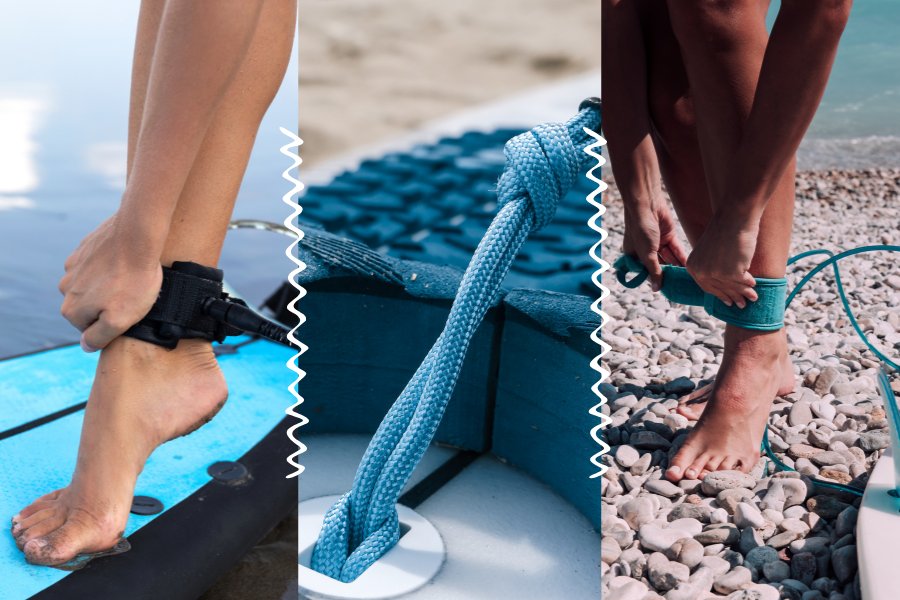
A leash is a cord that attaches around your ankle and connects to your surfboard, and it's an essential piece of kit to stop your board from floating away from you.
Leashes aka 'leg-ropes' come in different sizes and thicknesses.
Thicker, longer leashes (9ft+) are for longer surfboards for more strength and to ensure the board isn't too close to you in a wipeout situation.
The opposite is true for shorter surfboards.
Couple of things to look out for when choosing a leash:
WAX

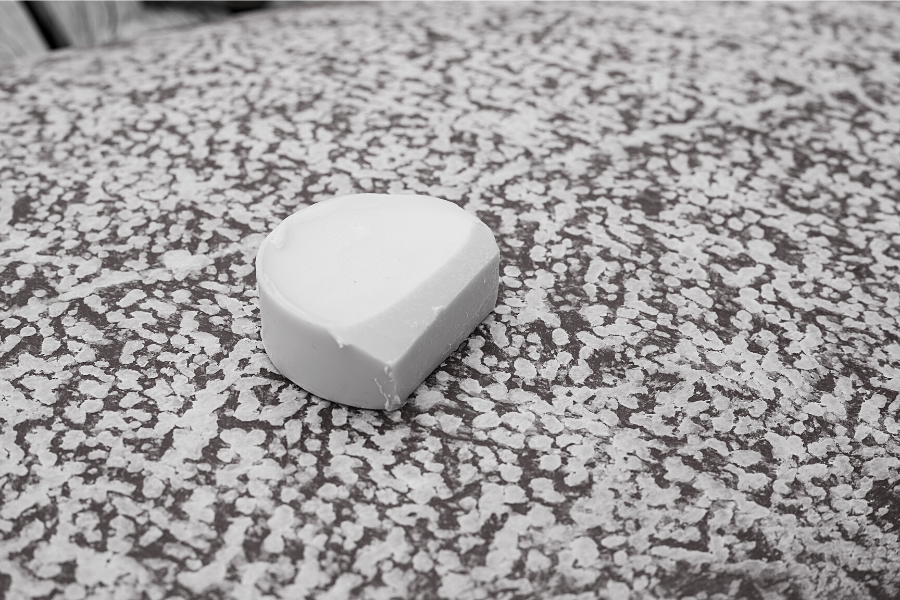
Wax is a sticky substance that you apply to the deck of your surfboard to stop you slipping off, and it comes in a variety of different compositions depending upon the temperature of the water you surf in.
Harder composition wax is used in hotter temperatures, and softer wax is used in the cold.
So be sure to select the right grade wax for your area.

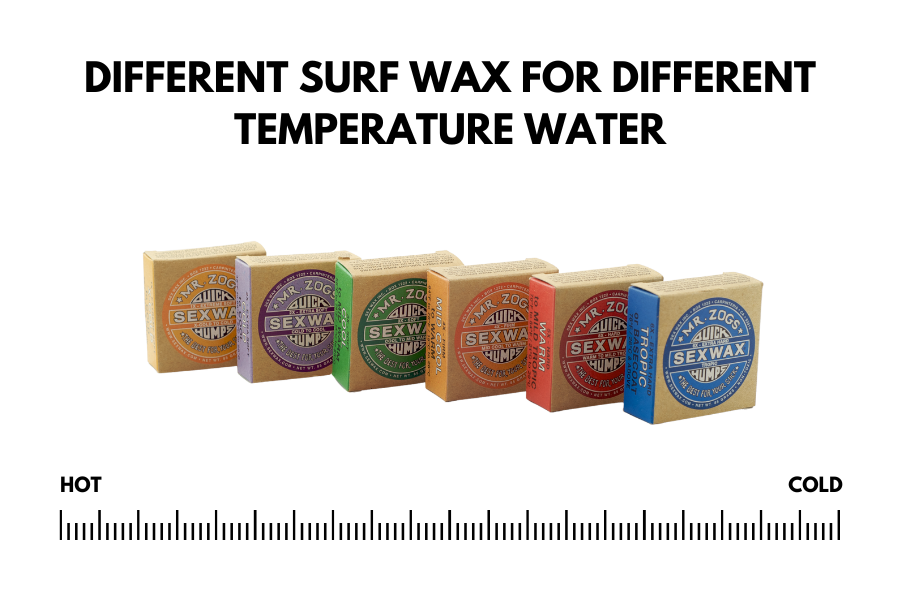
Useful links:
WETSUIT

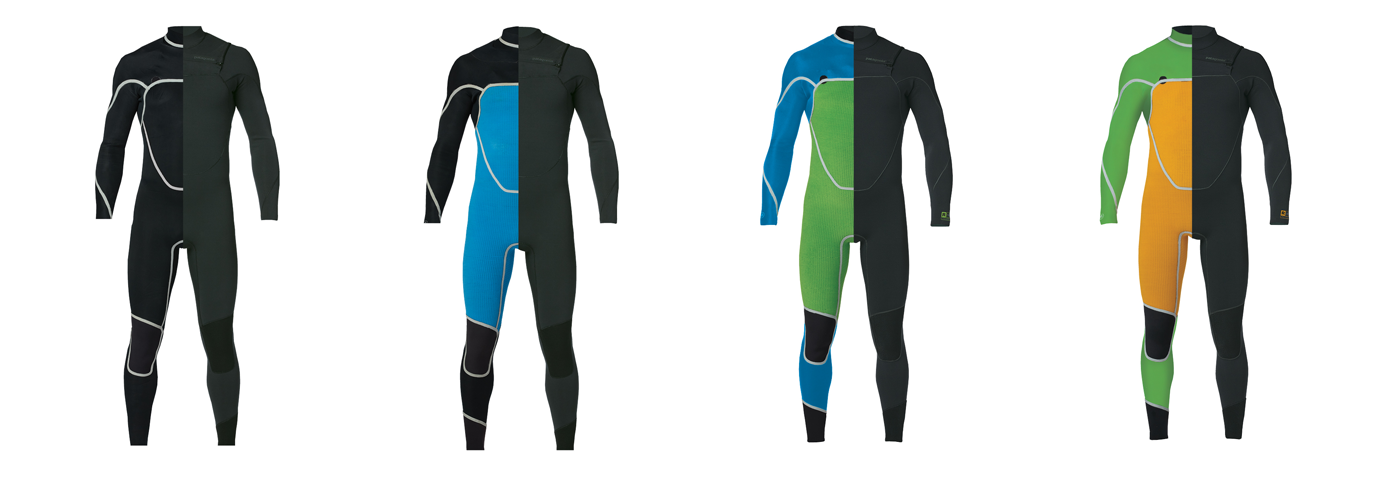
For much of the world a wetsuit is an essential piece of kit to keep you warm.
But, not all wetsuits are created equal...
...far from it in fact.
The price of a wetsuit can vary from $50 up to $750+ and you generally get what you pay for.
Things to look out for:
Useful links:
FIN KEY

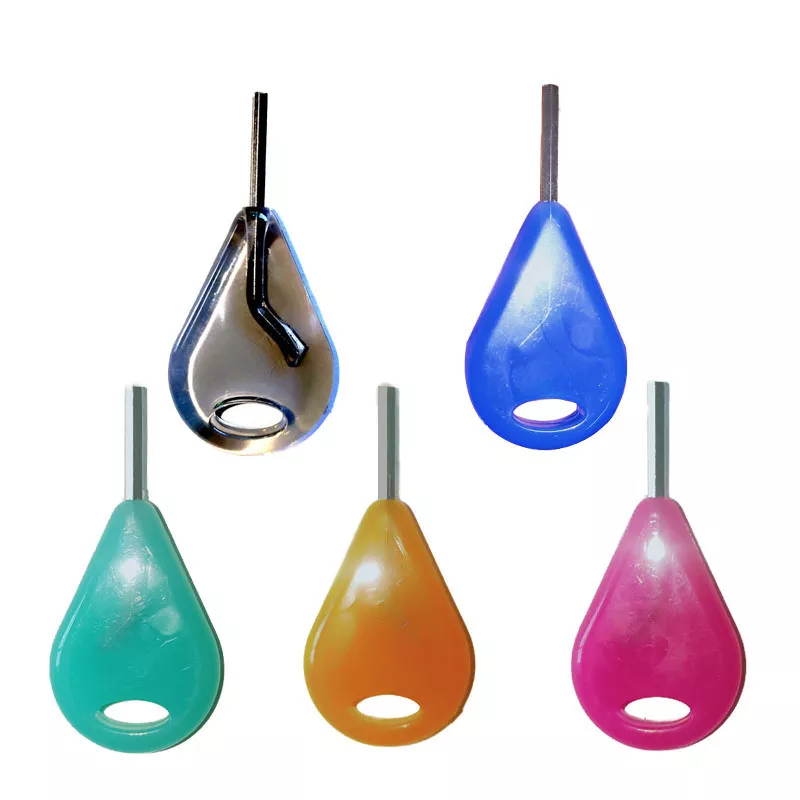
Depending upon which fin system you're using, you'll likely need to have a fin key in your arsenal of kit.
A fin key is simply an Alan-Key that's used to help secure fins into a surfboard.
They always go missing, and you're friends will always steal them guaranteed, but you can pick them up in a surf shop for around $2 so no need to stress out.l
TRACTION PAD

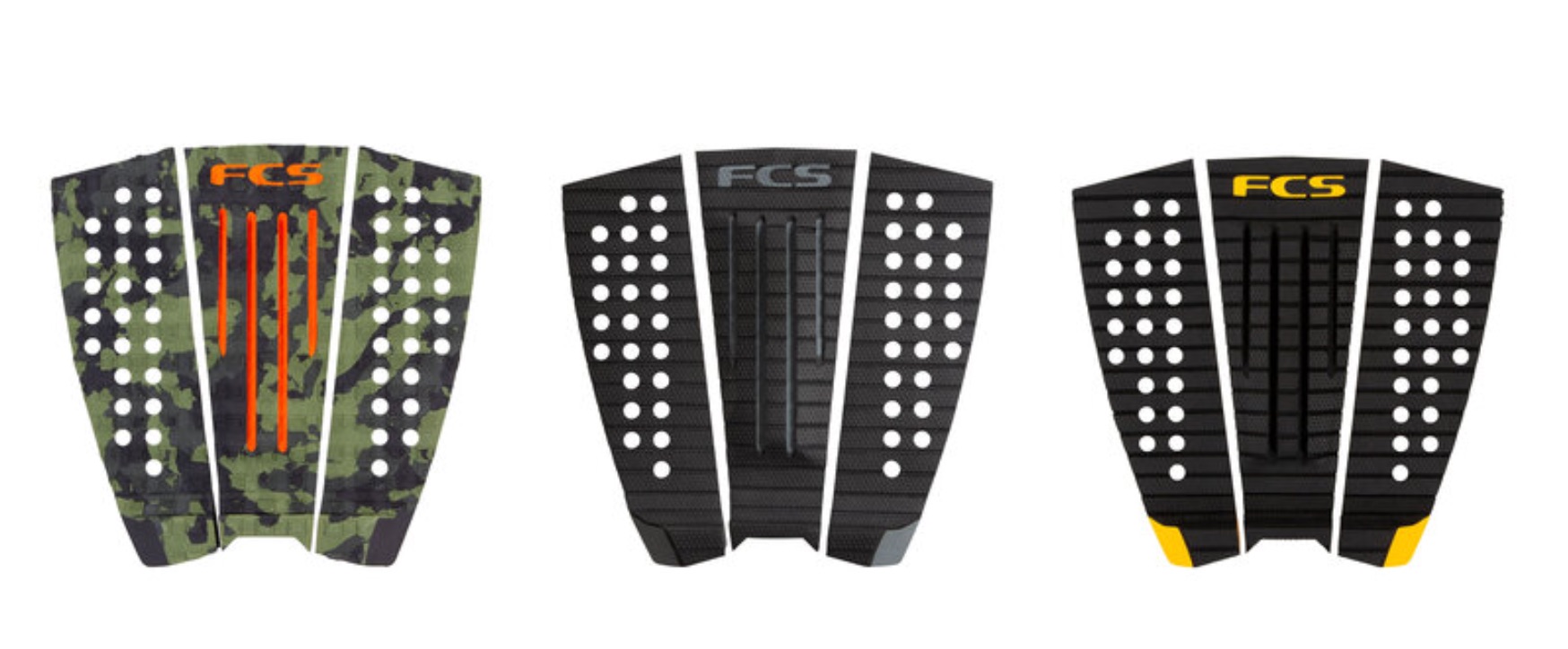
Traction pad's or deck grip's as their known are grippy pads made of foam that get stuck to a surfboard (usually at the tail of the board).
Surfers use these traction pads for extra grip, and also because of the kick pad (the raised bit at the back of the pad) allowing surfers to push harder through turns.
The type of traction pad you use will depend upon personal preference, with little quality differences across all price ranges.
So just pick the type that looks good to you.
Some surfers also add traction pads for their front feet too (known as a full deck grip).
This is more of a personal preference thing rather than any performance enhancing benefits.
BOARD SOCK/BOARD BAG

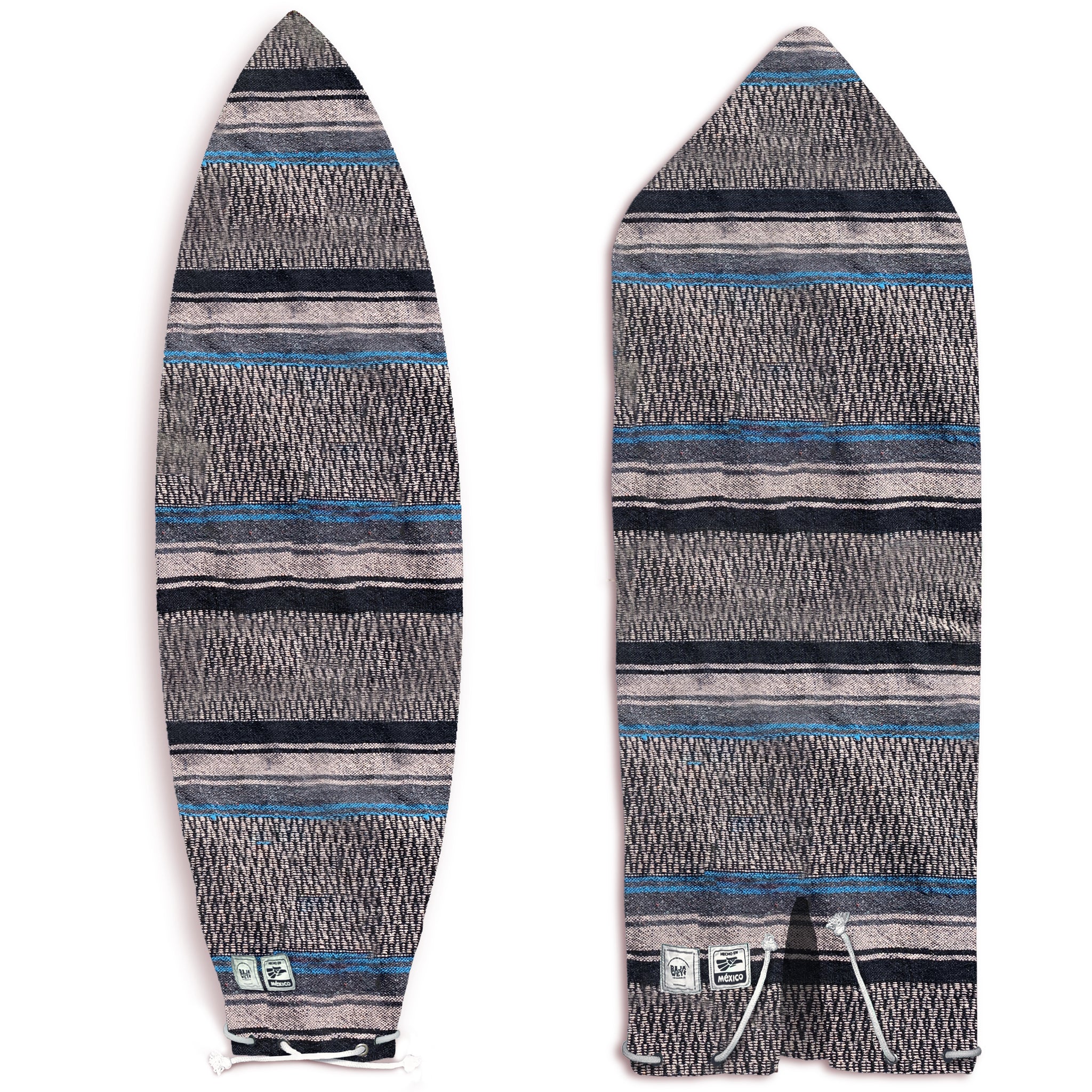
80%+ of the damage to your surfboard will occur outside of the water, trust me.
Boards falling over, getting banged in cars, dropped on the floor...
All avoidable, if you look after your board the right way.
So do yourself a favour, and throw your surfboard into a board sock or board bag as soon as you're out of the water and you'll get way more longevity out of your equipment, guaranteed.

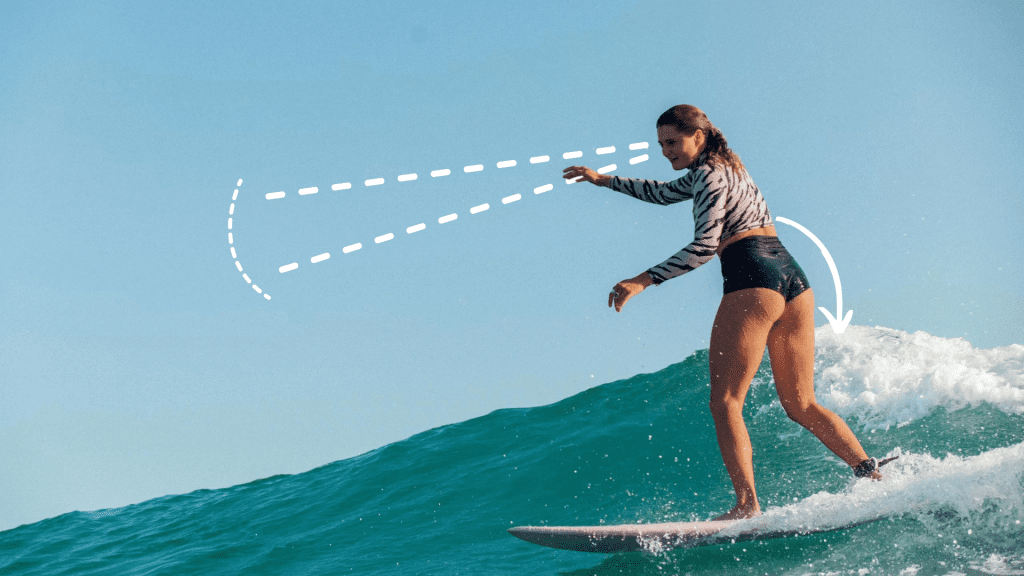
SURF VIDEO ANALYSIS [REMOTE]
EAR PLUGS

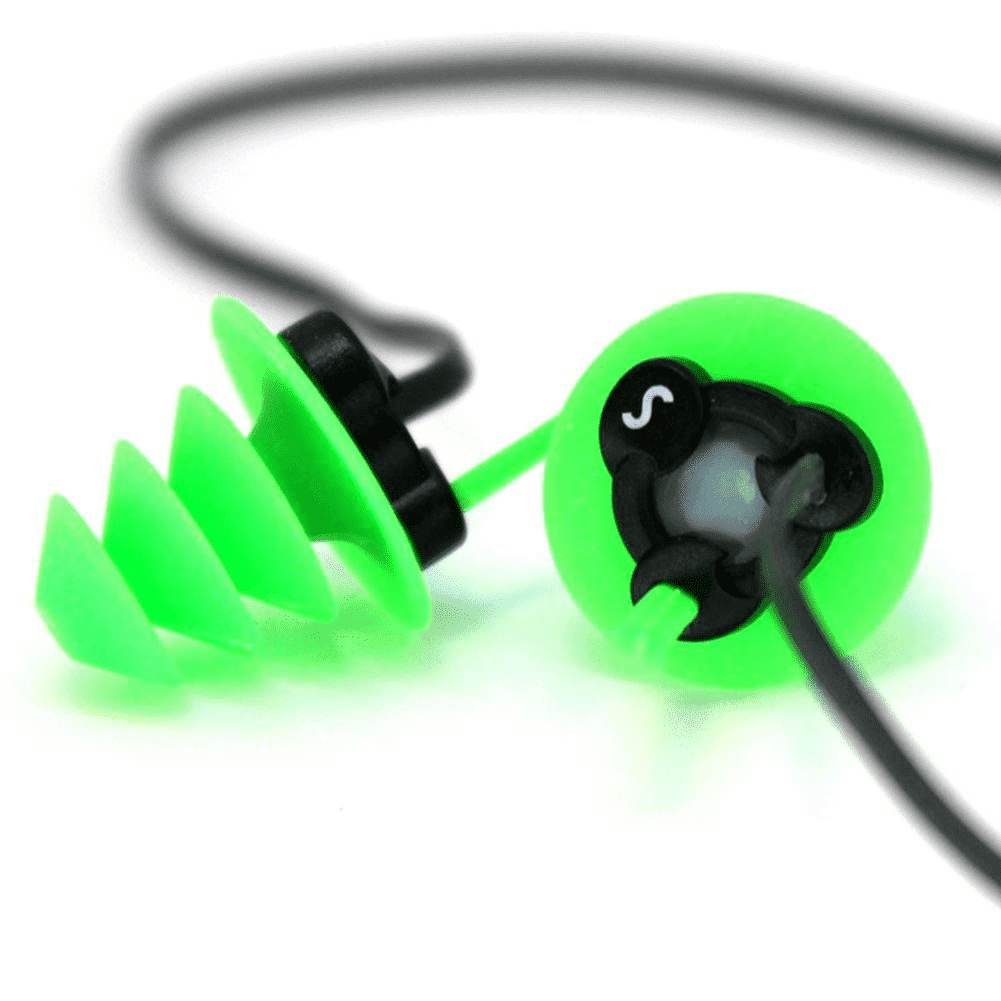
Ever heard of surfers ear?
Surfers ear is a condition developed in surfers with prolonged exposure to cold wind & water.
Over time, the bone in the ear actually grows and can close up the ear canal entirely, remedied only by surgery.
This can be avoided however by using ear plugs.
Small, rubbery pods that squish into your ear that keep the water out.
They vary a lot in price, from $10 - $80+, and in all honesty I'm not quite sure where the price justification comes from in the high prices ones.
*Pro tip: Blu-Tak can be used as ear plugs and works just fine, and is a LOT cheaper.
SUNSCREEN/ZINC


Now that you're a surfer you'll need to invest pretty well in good sunscreen and zinc to stop yourself looking like you're 90 before your time.
And as you're going to be repeatedly applying it to your skin be sure to choose something that's not full of chemicals, and be sure also to make sure their ethically produced and reef-safe.
My favourites right now are:

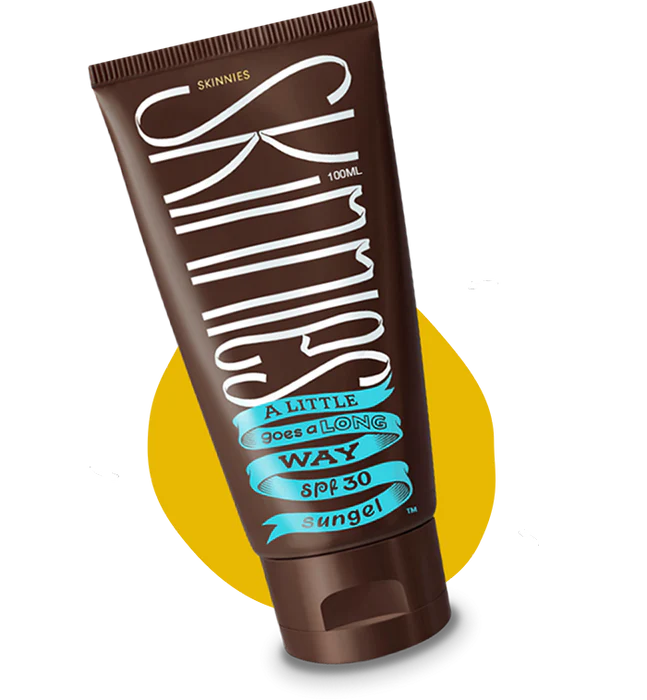
SUNCSREEN: Skinnies

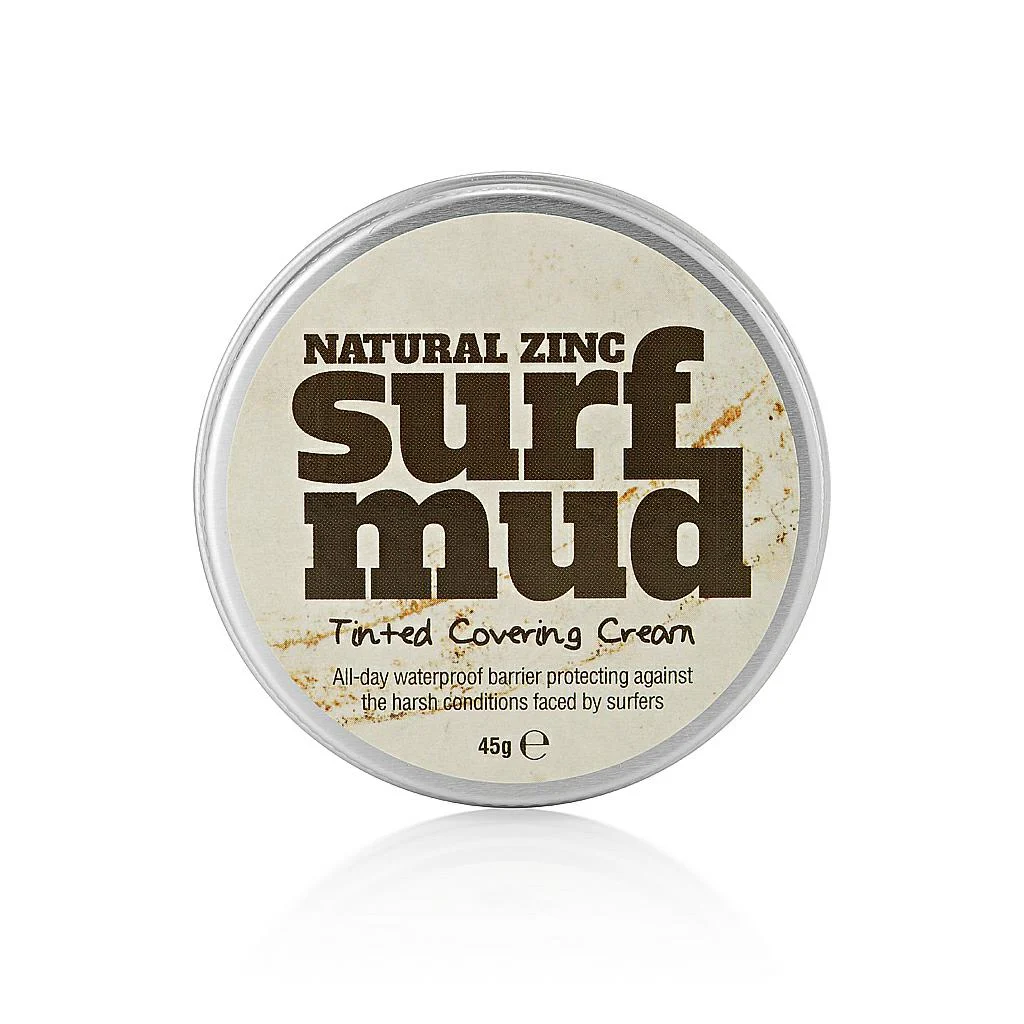
ZINC: Surf Mud
RASH VEST/T-SHIRT

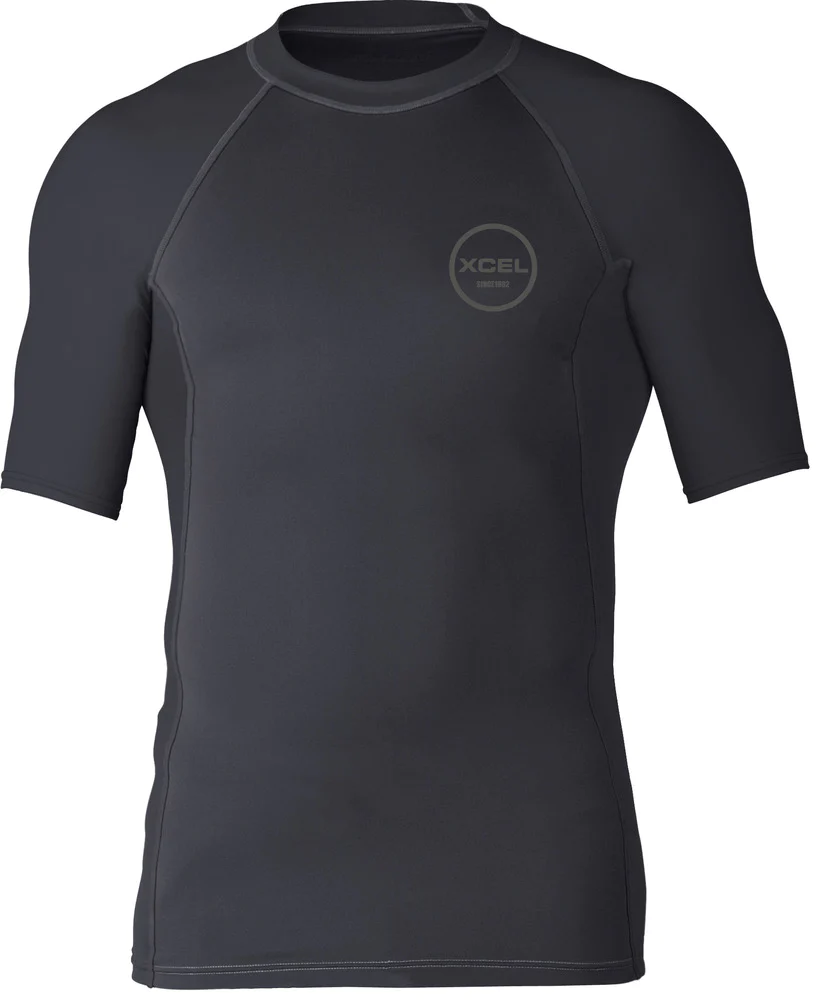
If you're surfing in the tropics you'll need something covering your upper body to protect you from the sun.
Traditionally, rash-vests were the go to.
However, nowadays most people make do with a t-shirt (as they look cooler).
Either way, you'll need a garment to chuck on your top half to avoid you getting burnt with long exposure in the sun.
SURF HAT

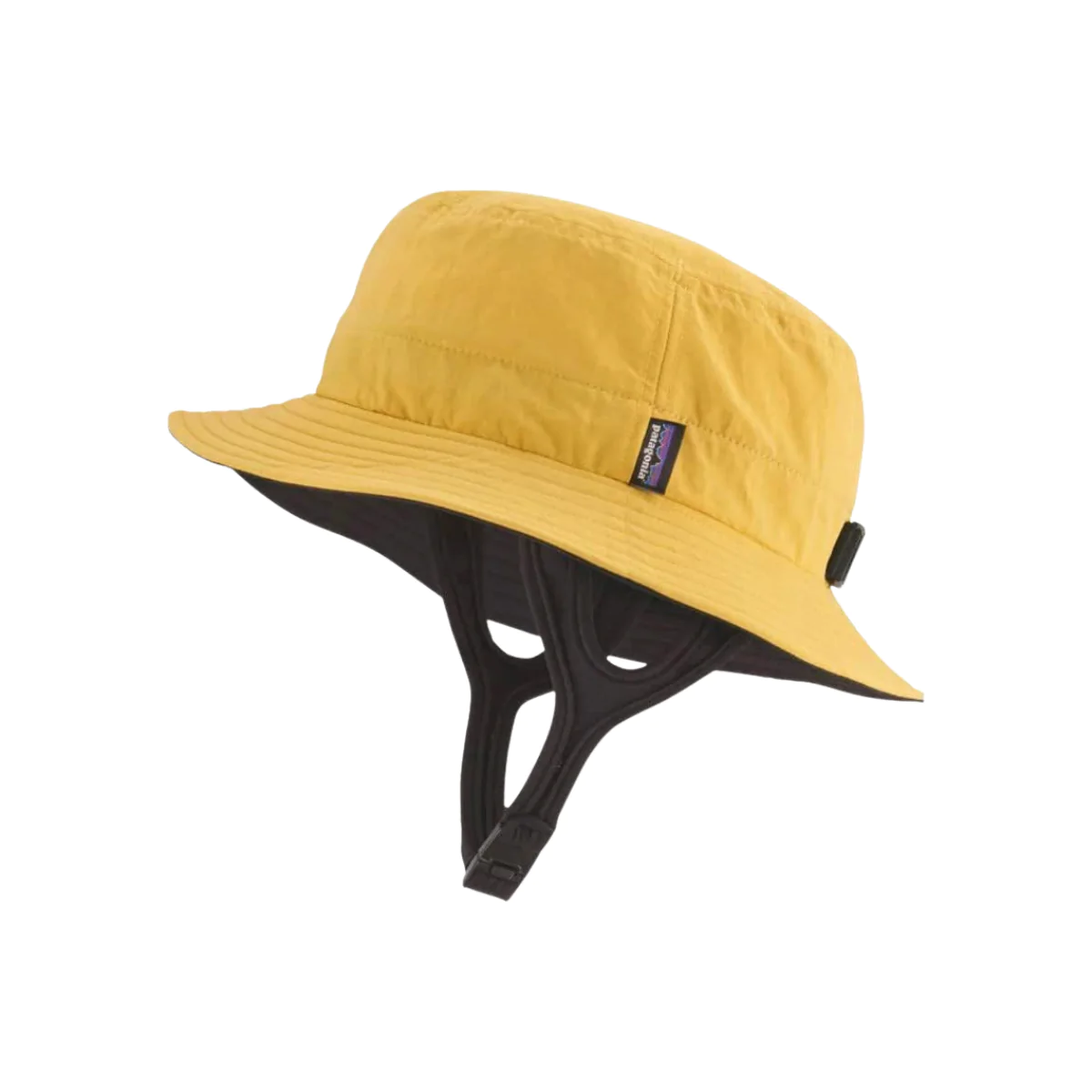
If you've got a bald head like me this is not optional, but essential.
However, if you're fortunate enough to have a full head of hair, then I'll let you get away with this being in the optional column, but only just.
With the increased risk of skin cancer across the world, a surf hat helps to protect your face & neck from severe exposure to the sun.
You might feel a bit like a dork wearing them at first, but your skin will thank you in the long run.
BOARDSHORTS/TOGS

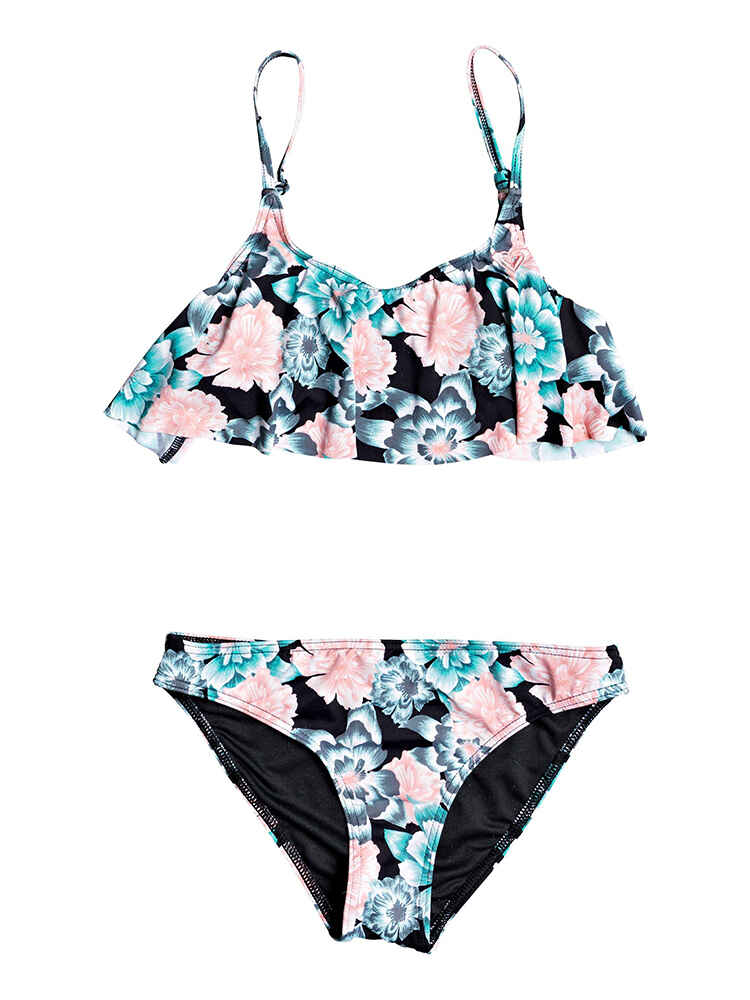

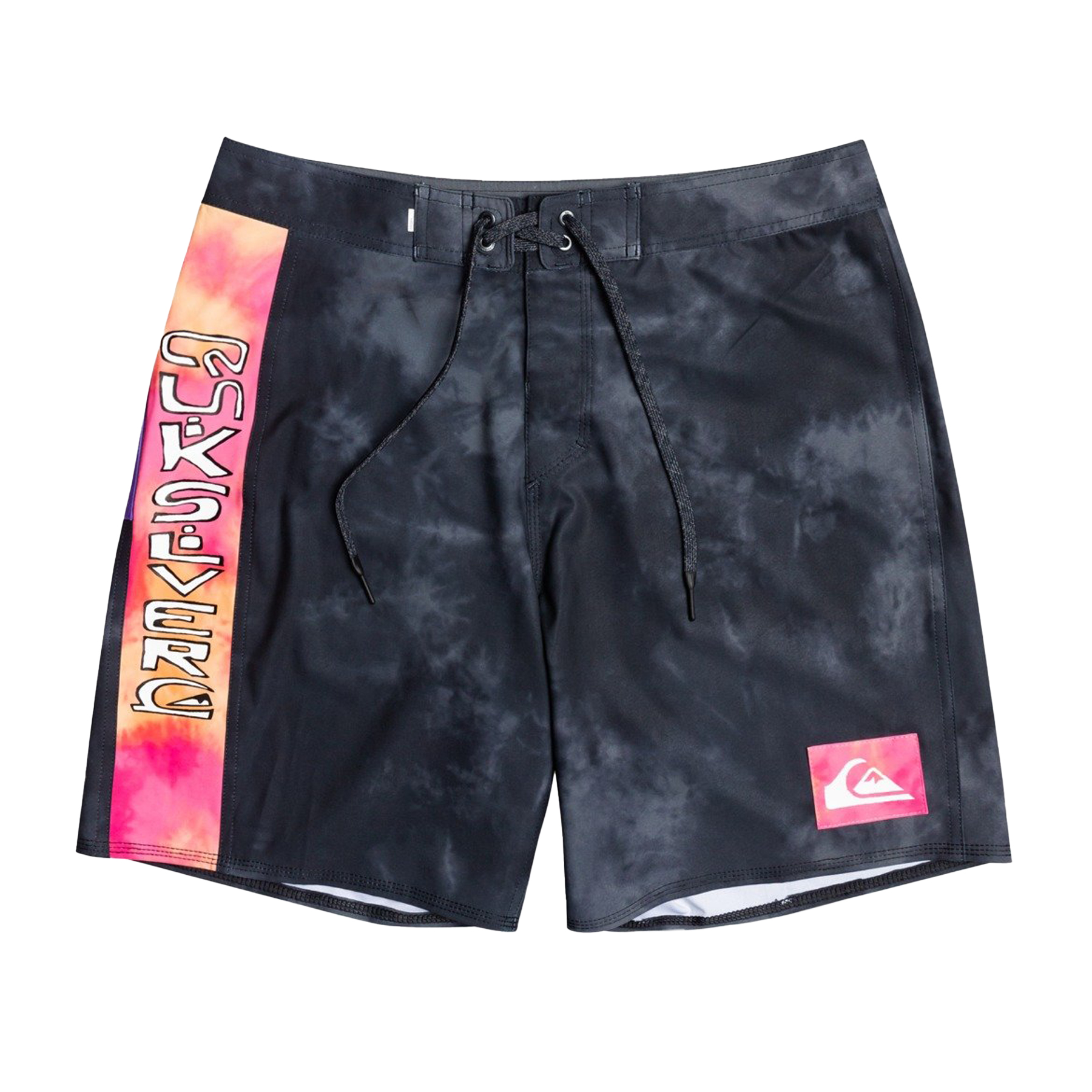
If you're lucky enough to be surfing in the tropic you'll need yourself a good pair of boardshorts or togs for surfing.
Choose functionality over fashion if possible, as nothing is worse than severe rub or public body slips.
All of which can be largely avoided with the appropriate gear.
DRY BAG/TUB

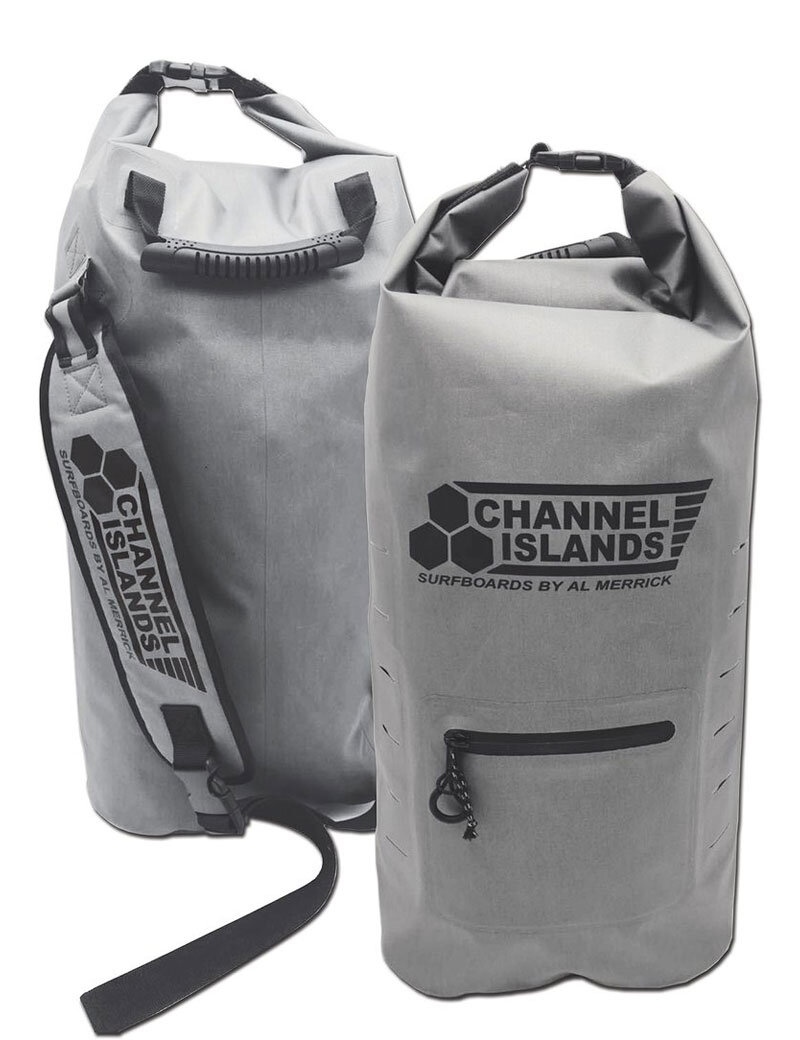
As a surfer you have a lot of wet gear lying around, a lot of the time.
So you're going to need a good tub or dry bag to store it.
A simple tub will do, but if you're wanting something snazzy go for the dry bag option.l
SURF FORECASTING APP

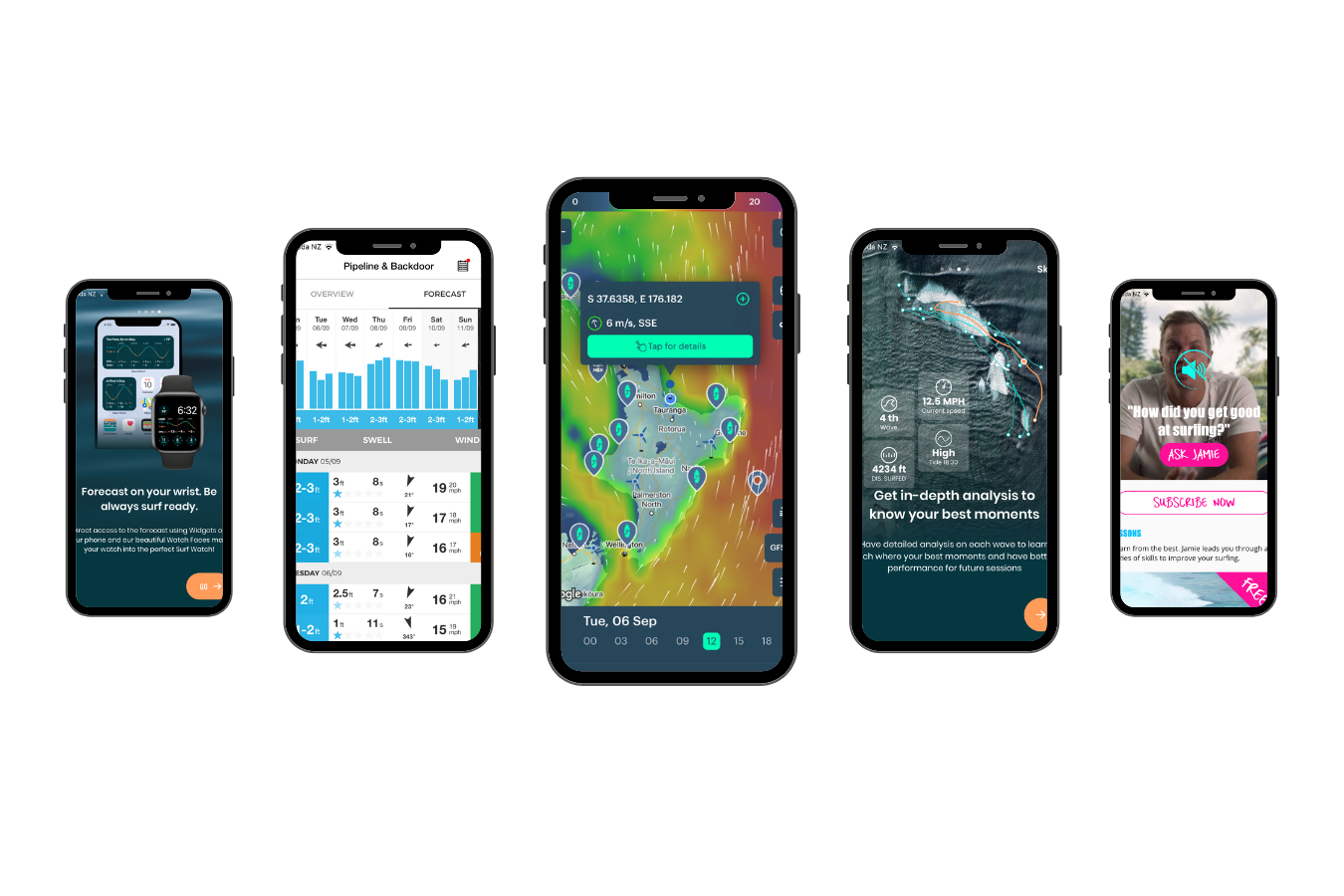
Now that your officially a surfer, you need to actually know where the good waves are going to.
For that you'll need to download yourself a good surf forecasting app.
There are heaps of different apps for surfers out there, but my two favourites right now are:
LAST MINUTE DEALS

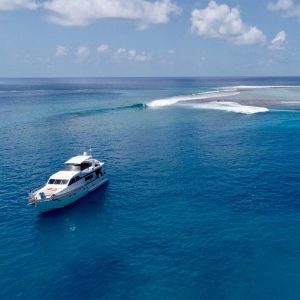
BOAT CHARTERS

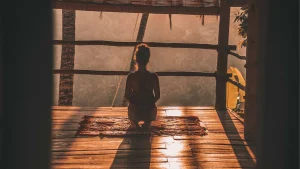
SURF RETREATS

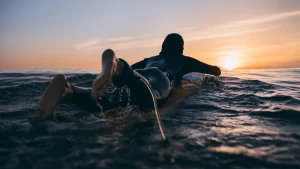
SURF CAMPS
Sign up for our weekly 'last minute' deal digest - discounted surf travel: Boat Charters, Retreats, and Surf Camps. Curated, and delivered directly to your inbox.
WRAPPING IT UP
You don't need everything on this surfing equipment list, but you'll definitely need all of the essentials.
Sure, it's a bit of an upfront cost to get started, but once you've made the investment, the ocean is free to enjoy from there onwards.
A one time fee that'll keep paying you back each time you hit the surf.
Anyway, if there's anything you think I missed from this equipment list let me know in the comments and I'll add it to the post.
Yew!
Rowan

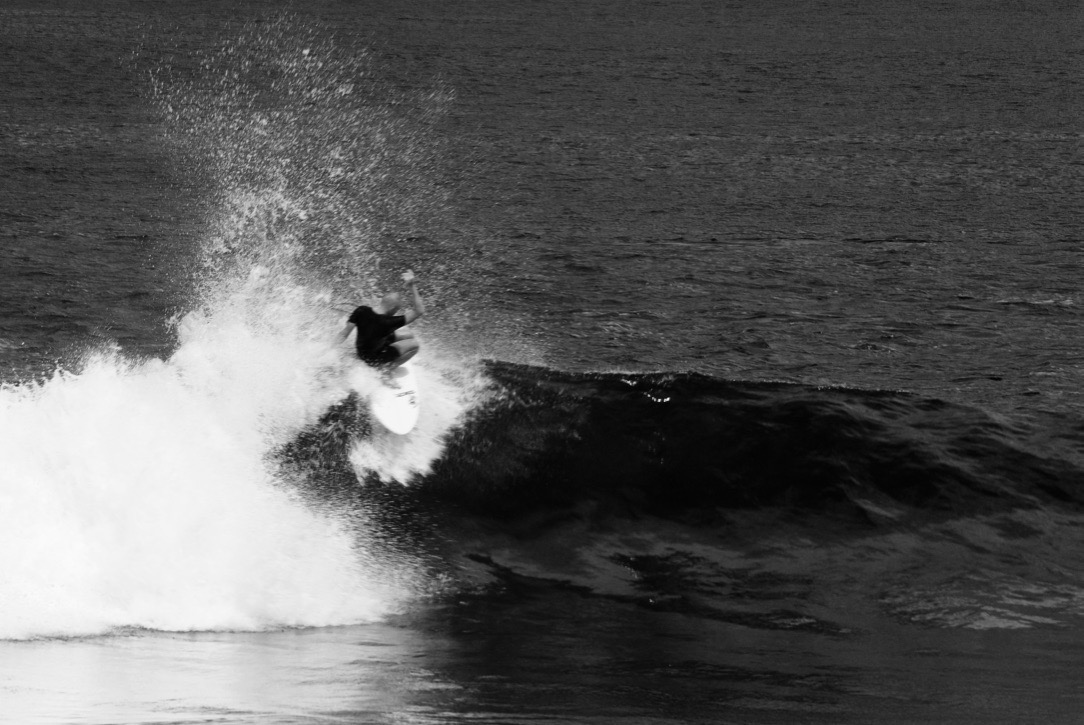
ROWAN CLIFFORD
Rowan is the co-founder of Surf Hub.


